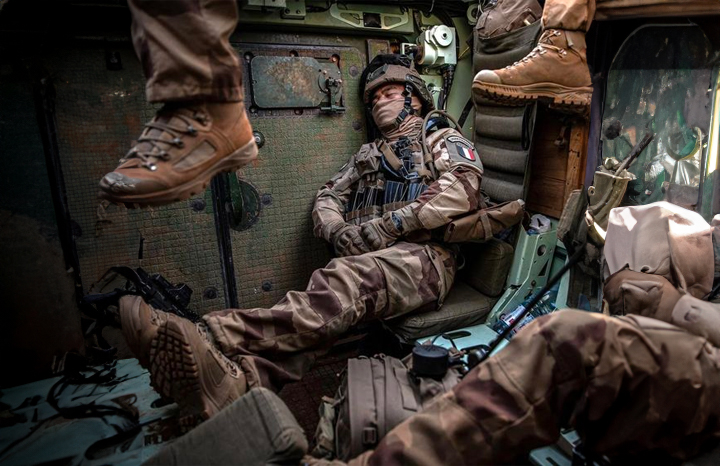In an era where stress levels are soaring and restful sleep is in decline, a military strategy has come to light that promises a solution to one of life’s persistent struggles: falling asleep fast. The method, designed to help soldiers fall asleep in the most uncomfortable and challenging environments, is known to work in just two minutes for many of those who use it. Developed for fighter pilots in World War II, it had a clear objective—to improve pilots’ effectiveness by allowing them to rest and rejuvenate even in the chaos of war.
The technique has since been declassified and shared with the world, emerging as a technique both hailed and adopted by those beyond the military. Here’s how it works:
- Relax the muscles in your face, including your tongue, jaw, and the muscles around your eyes.
- Drop your shoulders as low as they can go, followed by your upper and lower arm, one side at a time.
- Breathe out, relaxing your chest followed by your legs, starting from the thighs and working down.
- Clear your mind for 10 seconds by imagining a relaxing scene. If this doesn’t work, try saying the words ‘don’t think’ over and over for 10 seconds.
- Within two minutes, you should be asleep.
Key to this routine is the deliberate and sequential relaxation of all the muscle groups, combined with a clear, uncluttered mind. Skeptics may doubt the efficacy of such a simple procedure, but testimonies abound of its successful application in every kind of setting.
Though this technique doesn’t work for everyone—particularly for individuals suffering from sleep disorders—it continues to gain popularity among those yearning for a quick escape into slumber. This military sleep technique might just be the sleep hack you’re looking for to combat restlessness and insomnia, especially if typical sleep advice has come up short.
As with any new practice, patience and consistency are crucial. It can take several weeks of persistent effort before the technique becomes effective, so don’t be discouraged if sleep doesn’t come within two minutes on your first try. If sleep struggles persist, consulting a healthcare provider is advisable. Ultimately, this military hack is a weapon in the arsenal against sleepless nights, a seemingly simple yet potent tool with the potential to transform your nightly routine.

